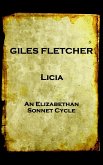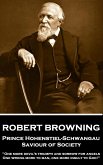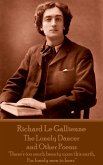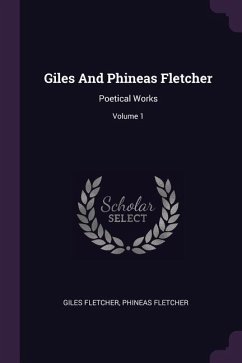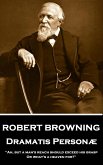Giles Fletcher was born around 1586. He was also known as Giles Fletcher the Younger as his father went by the same name. The family was certainly an illustrious one in literary circles. He was the brother of Phineas Fletcher and the cousin of John Fletcher. His father, Giles Fletcher the Elder, is best remembered for the Elizabethan sonnet cycle Licia. Educated at Westminster school and then to Trinity College, Cambridge. He remained in Cambridge after his ordination and became a Reader in Greek Grammar in 1615 and then a Reader in Greek Language in 1618. In 1619 left to become rector of Alderton in Suffolk. His most well-known work is Christ's Victorie and Triumph, in Heaven, in Earth, over and after Death, and comprises of four cantos. The first, Christ's Victory in Heaven, concerns a dispute in heaven between justice and mercy, using the facts of Christ's life on earth; the second, Christ's Victory on Earth, deals with an allegorical account of Christ's Temptation; the third, Christ's Triumph over Death, covers the Passion; and the fourth, Christ's Triumph after Death, covers the Resurrection and Ascension and ends with an affectionate eulogy of his brother Phineas as Thyrsilis. The work is written in the style of Edmund Spenser and Milton was generous in his use of the work in his own Paradise Regained.


